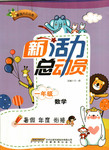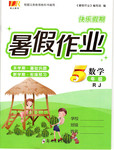题目内容
--- The manager of the factory wants to improve production a great deal, but he doesn’t spend much on technology.
---I am afraid he won’t realize his dream. You know ________.
A. you can’t eat your cake and have it
B. empty vessels make the greatest sound
C. enough is as good as a feast
D. two heads are better than one
练习册系列答案
 新活力总动员暑系列答案
新活力总动员暑系列答案 龙人图书快乐假期暑假作业郑州大学出版社系列答案
龙人图书快乐假期暑假作业郑州大学出版社系列答案
相关题目

